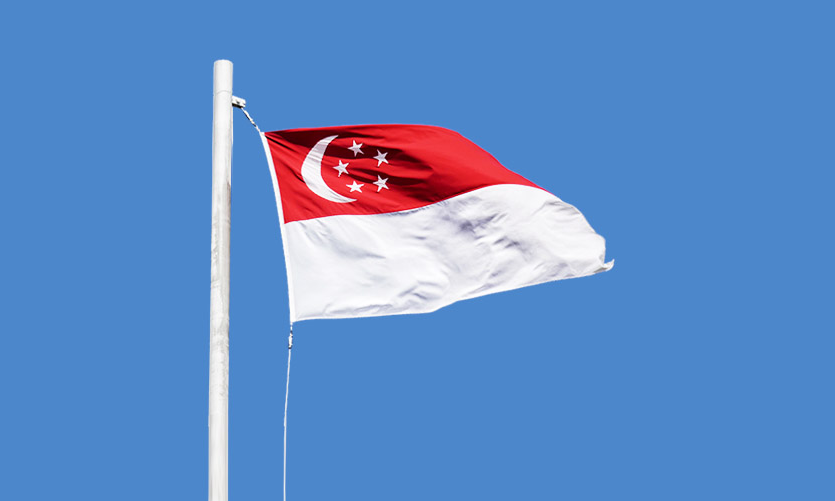Scope 1 and 2 emissions disclosure for all listed firms still begins FY2025, but most other ISSB-based reporting is delayed.
Scope 3 reporting remains voluntary for non-STI companies, with new deadlines of FY2028 or FY2030 depending on size.
Large non-listed companies see reporting deferred to FY2030, with external assurance pushed to FY2032.
Singapore’s regulators are easing the pressure on smaller businesses by extending timelines for climate reporting. The Accounting and Corporate Regulatory Authority (ACRA) and Singapore Exchange Regulation (SGX RegCo) announced that while all listed companies must still disclose Scope 1 and 2 greenhouse gas (GHG) emissions from financial year 2025, most other mandatory requirements will be delayed for up to five years for non-STI and smaller firms.
The revised framework introduces a three-tier system: Straits Times Index (STI) companies, non-STI companies with market capitalization above $1 billion, and those below $1 billion. STI constituents remain on the original schedule, reporting Scope 3 emissions from FY2026. For the rest, Scope 3 reporting will remain voluntary, with ISSB-based climate disclosures beginning in FY2028 for larger non-STI firms and FY2030 for smaller ones. External assurance for Scope 1 and 2 disclosures is also deferred to FY2029.
For large non-listed companies (defined as those with at least $1 billion in revenue and $500 million in assets), Scope 1 and 2 reporting shifts from FY2027 to FY2030. External assurance requirements will begin in FY2032, and Scope 3 remains voluntary.
ACRA Chief Executive Mrs Chia-Tern Huey Min said:
“Sustainability reporting is a crucial tool for companies to support their sustainability strategy and for accountability to their stakeholders. Our differentiated implementation approach provides companies who are less ready with some relief in the near term so that they can build up capabilities for the future, while requiring companies who are more ready to progress with their reporting.”

The move follows a June request from the Singapore Business Federation (SBF), which highlighted that only 4% of small and mid-cap firms felt “very confident” in meeting the earlier deadlines. SBF’s survey pointed to limited understanding of disclosure requirements, lack of resources, and the need to establish robust data systems. Small- and mid-cap companies account for 84% of listings on SGX.
RELATED ARTICLE: Singapore Launches Guidebook for Sustainability Reporting Training Providers
SGX RegCo CEO Mr Tan Boon Gin added:
“High-quality climate-related disclosures are necessary but challenging to produce. We are taking a more targeted and proportionate approach – large companies like STI constituent listed companies have more resources and should take the lead. Other companies may require more time which is why we are extending some timelines and continuing with capability building efforts. We will however retain the start-date for mandatory Scope 1 and 2 GHG emissions disclosure as this information is more circumscribed. In making these disclosures, companies will also learn and can prepare for other aspects of reporting that will be mandatory in future.”

By giving smaller firms more breathing room, regulators hope to balance compliance costs with capability building while keeping Singapore on track for its 2050 net-zero target.
Follow ESG News on LinkedIn

